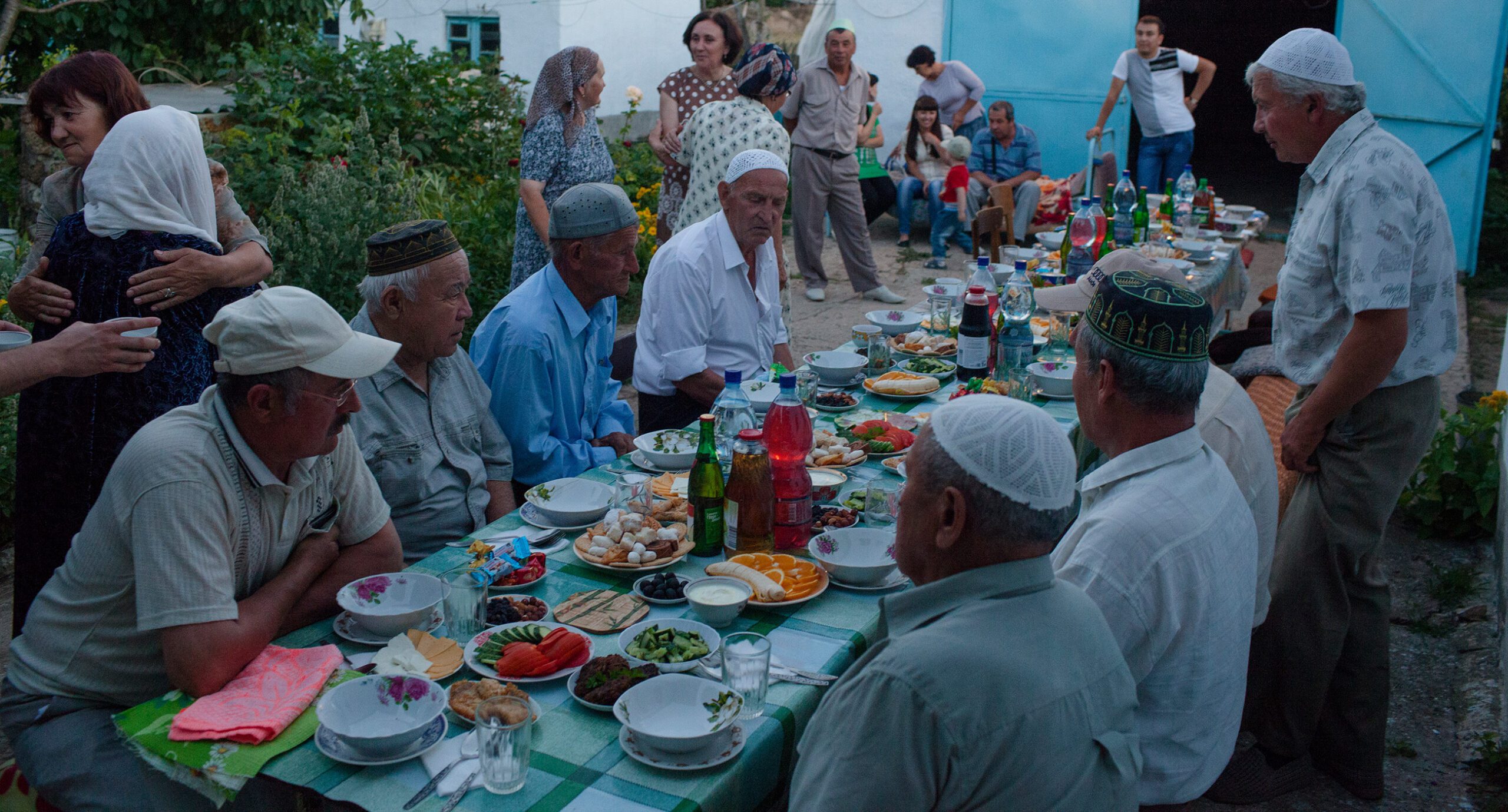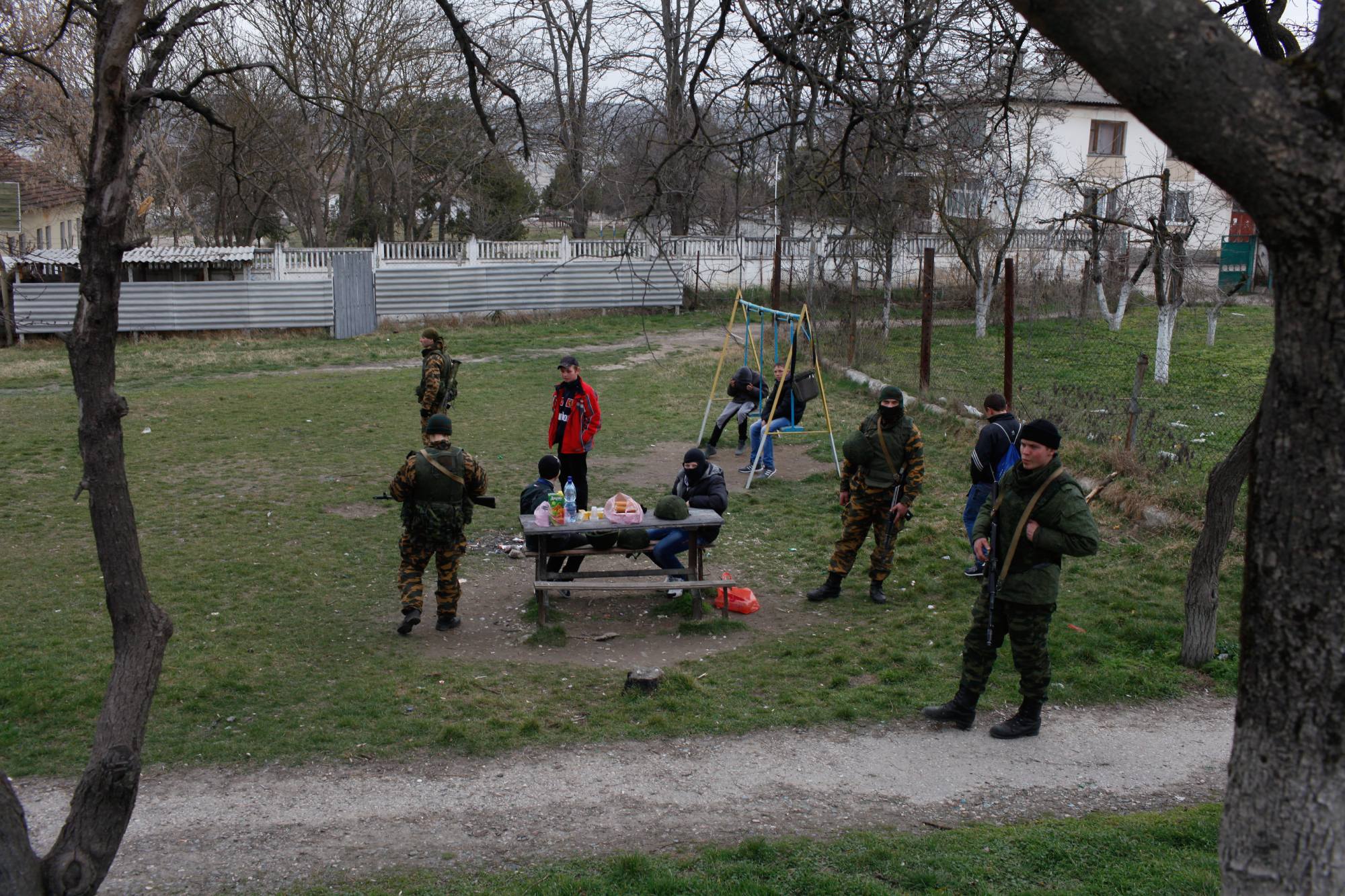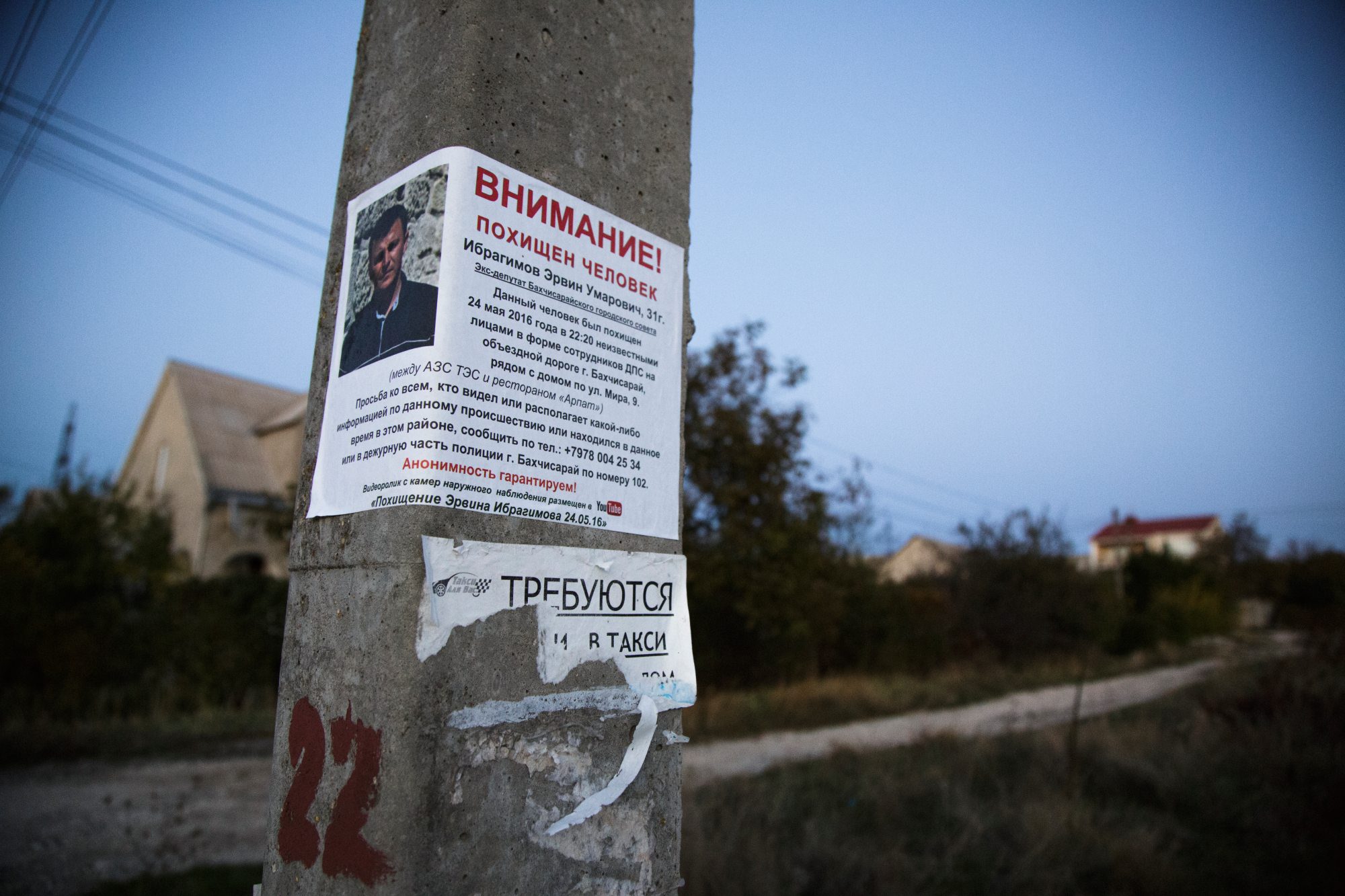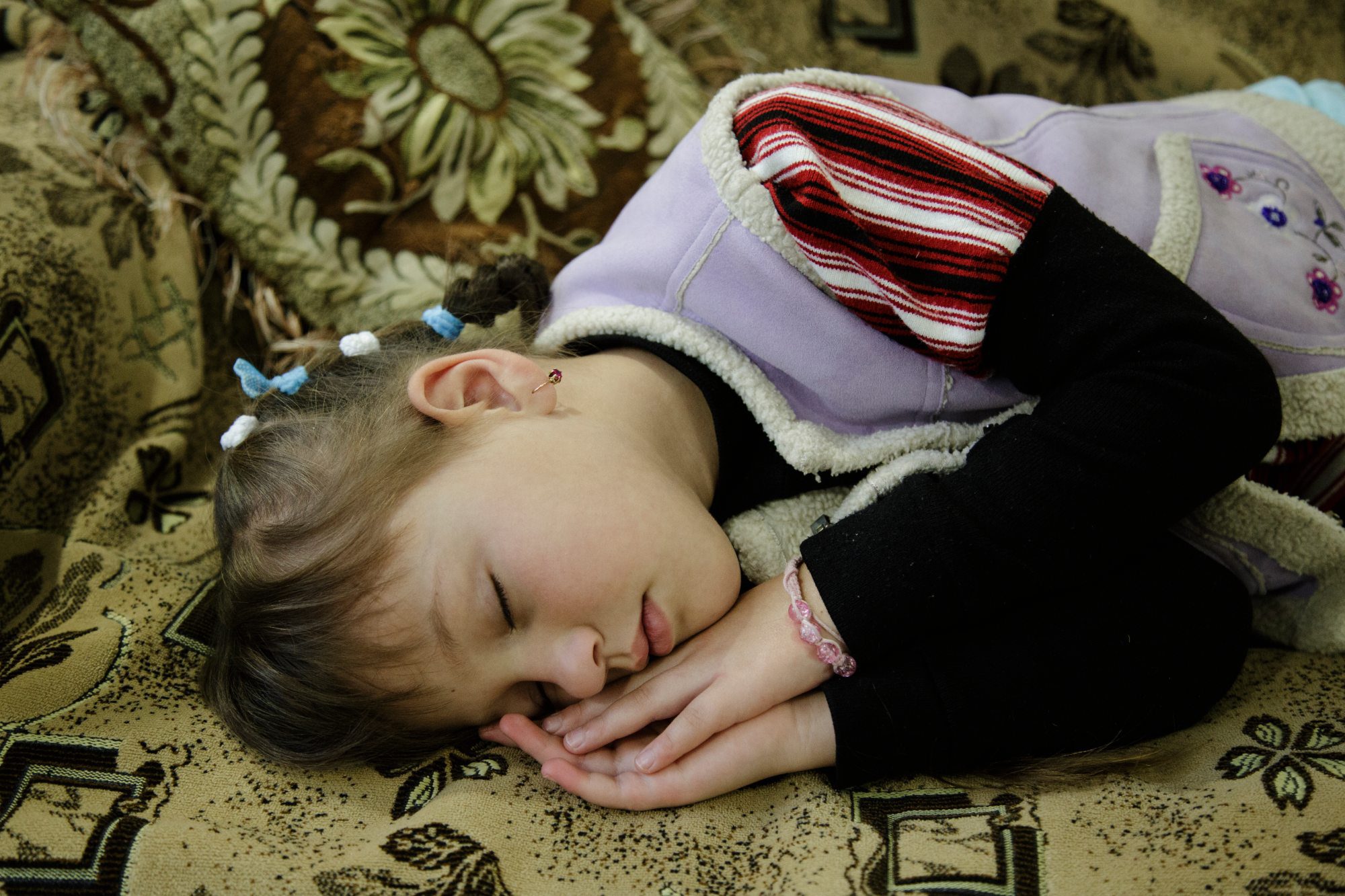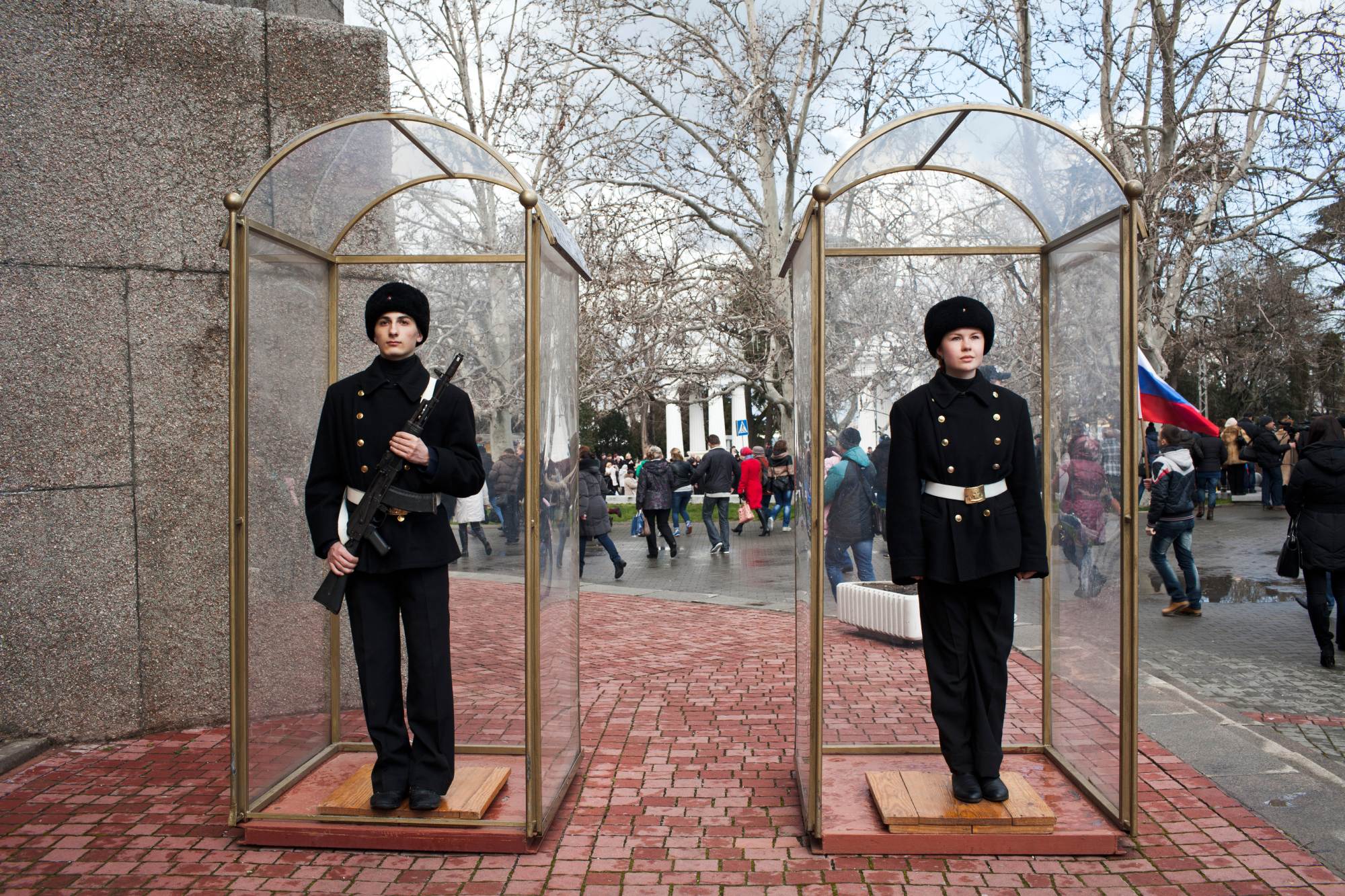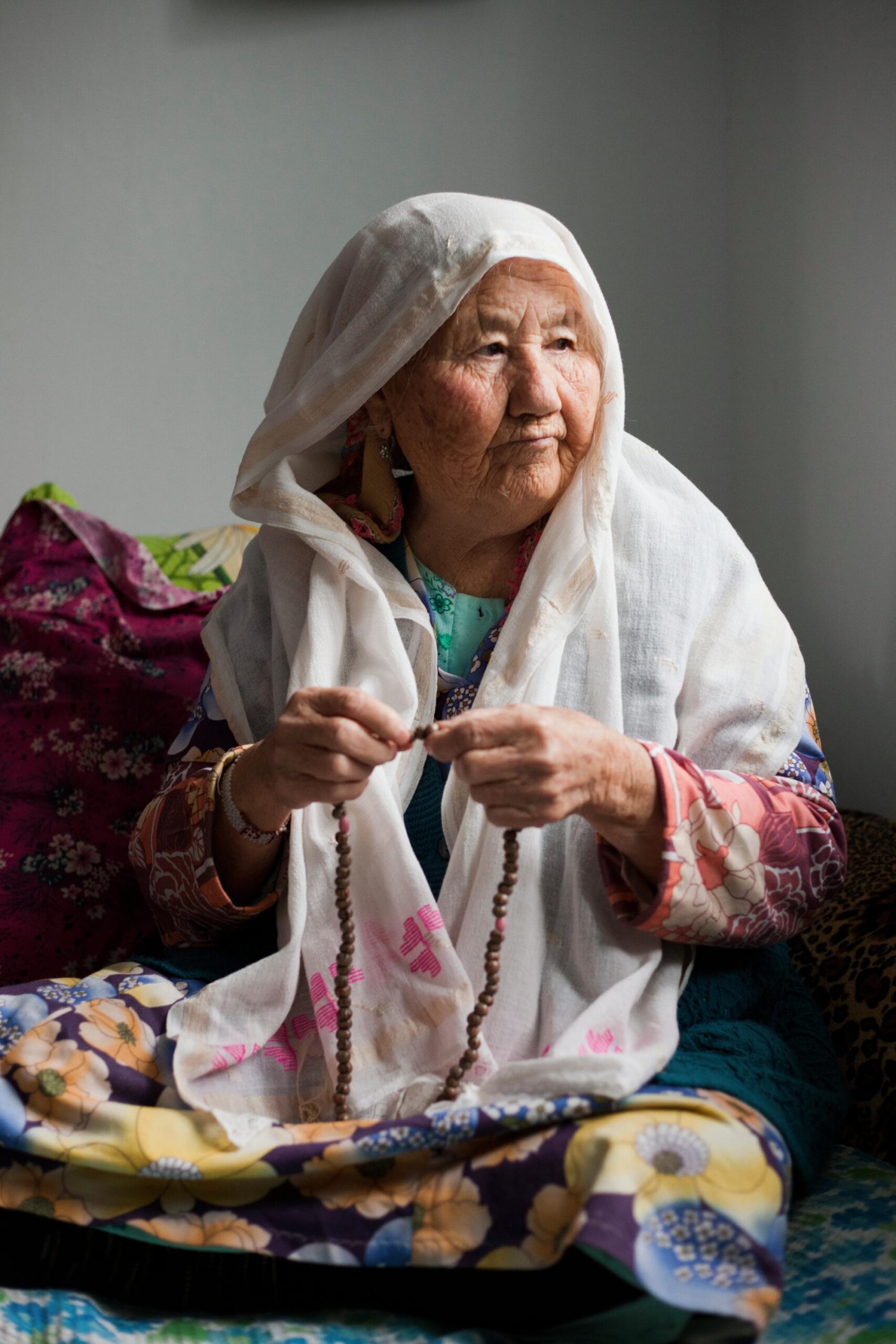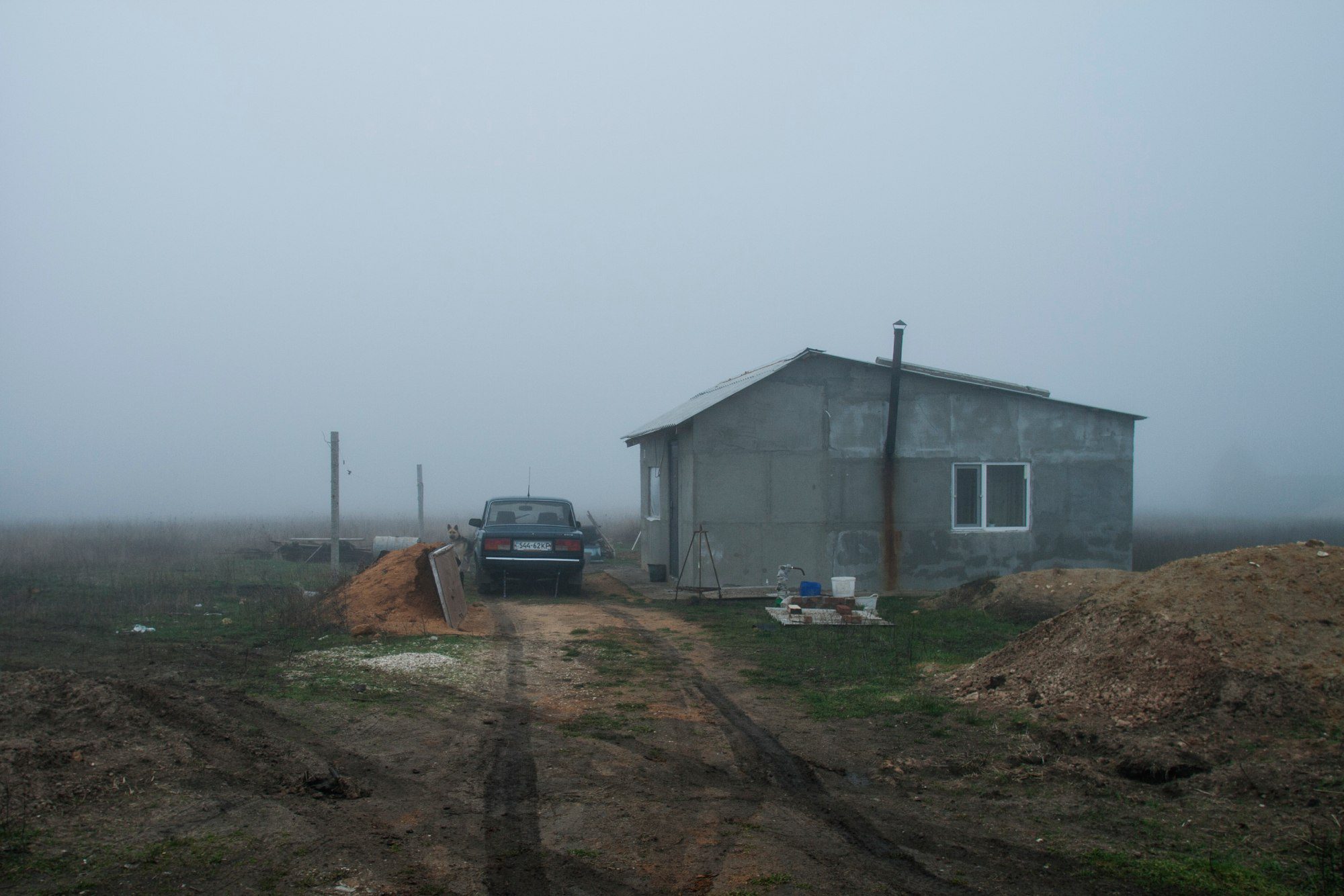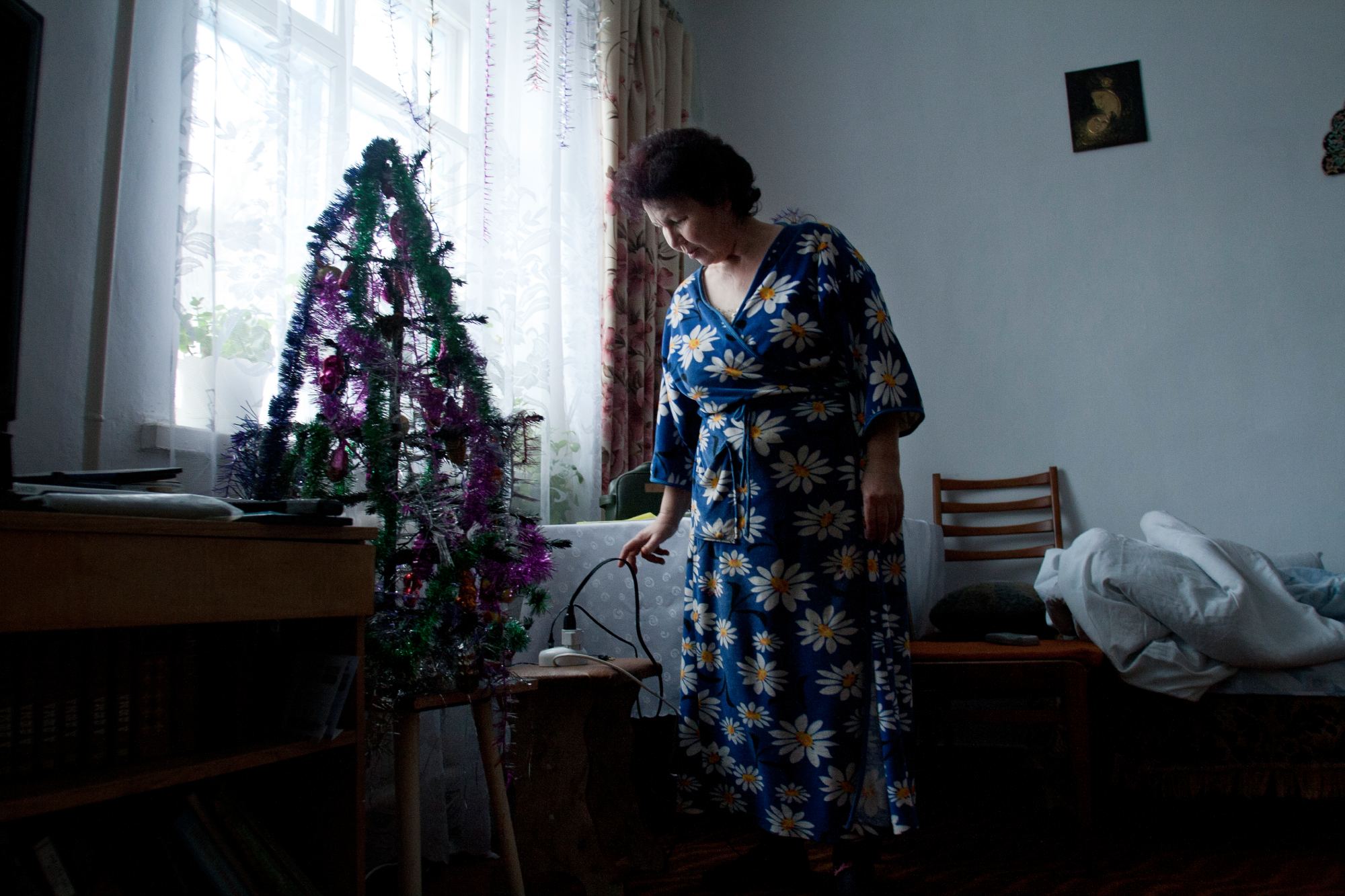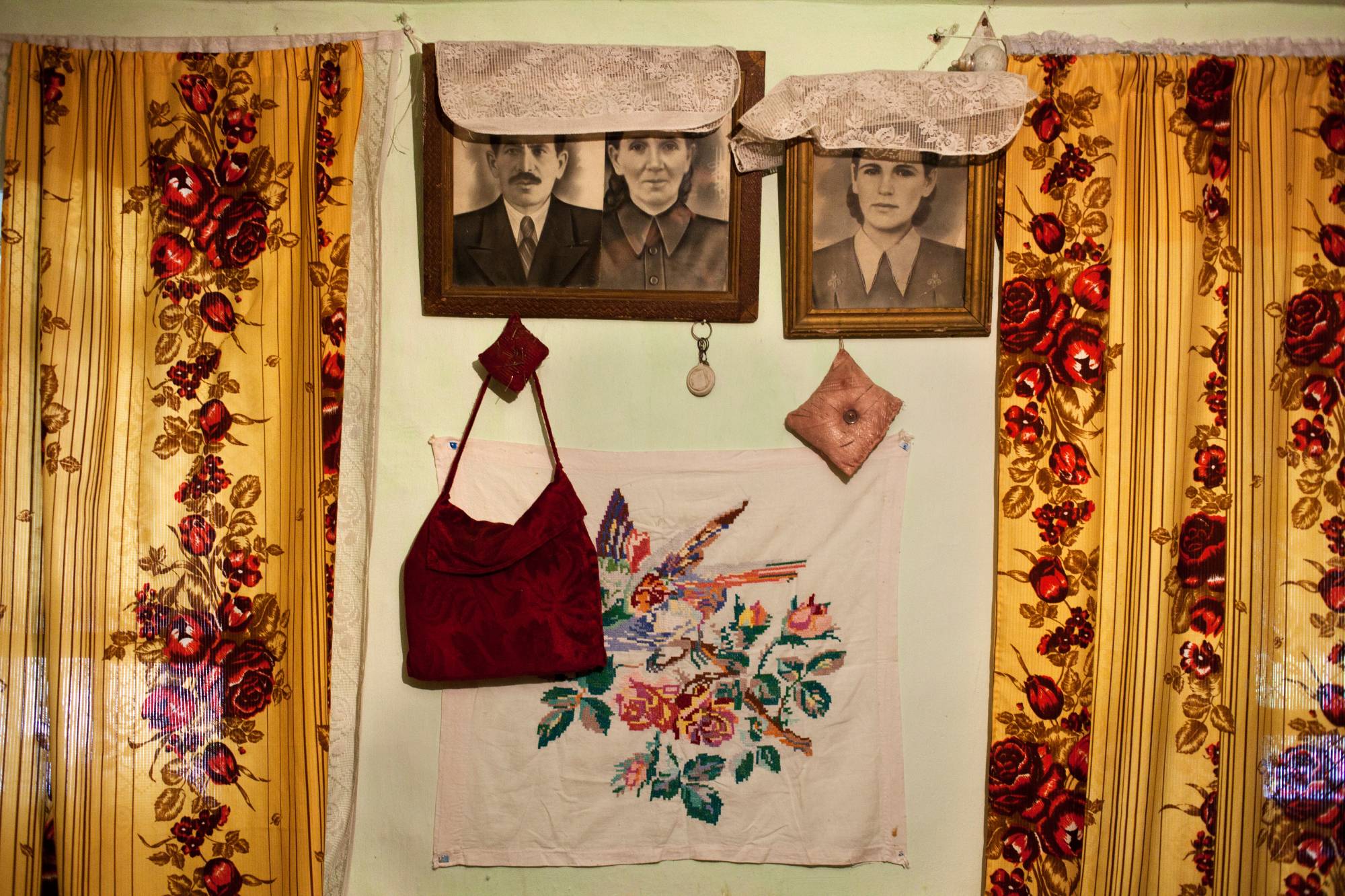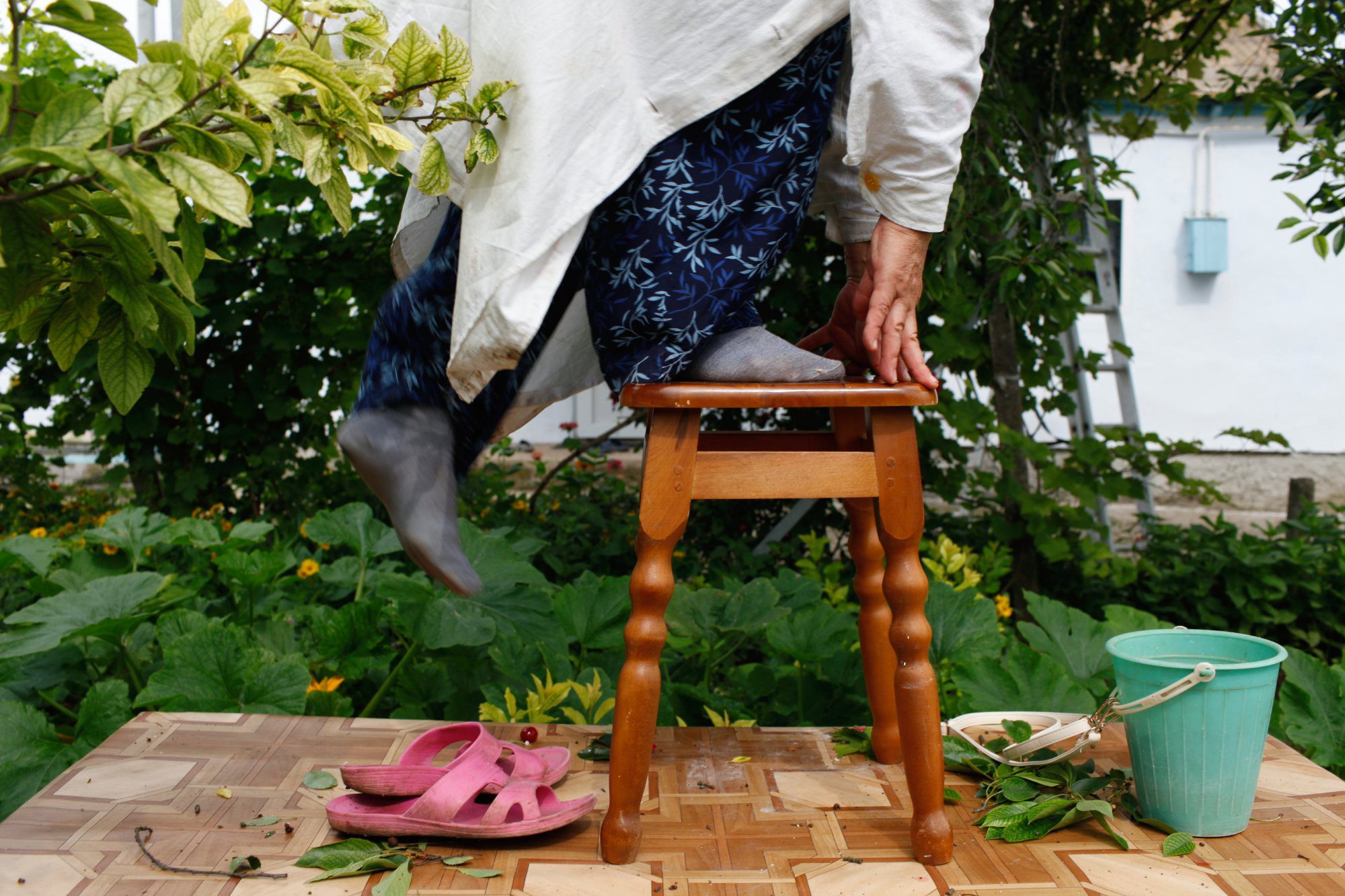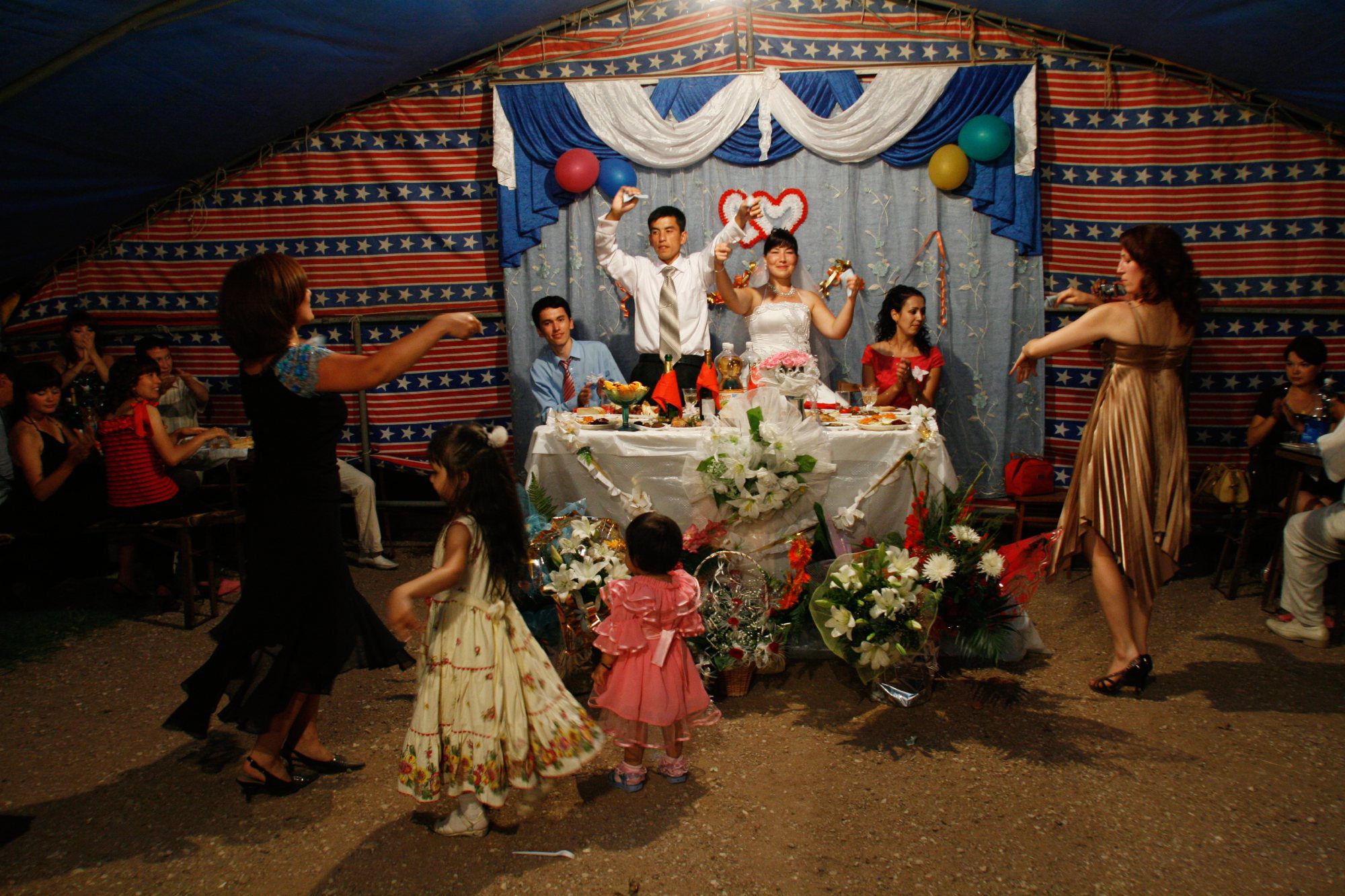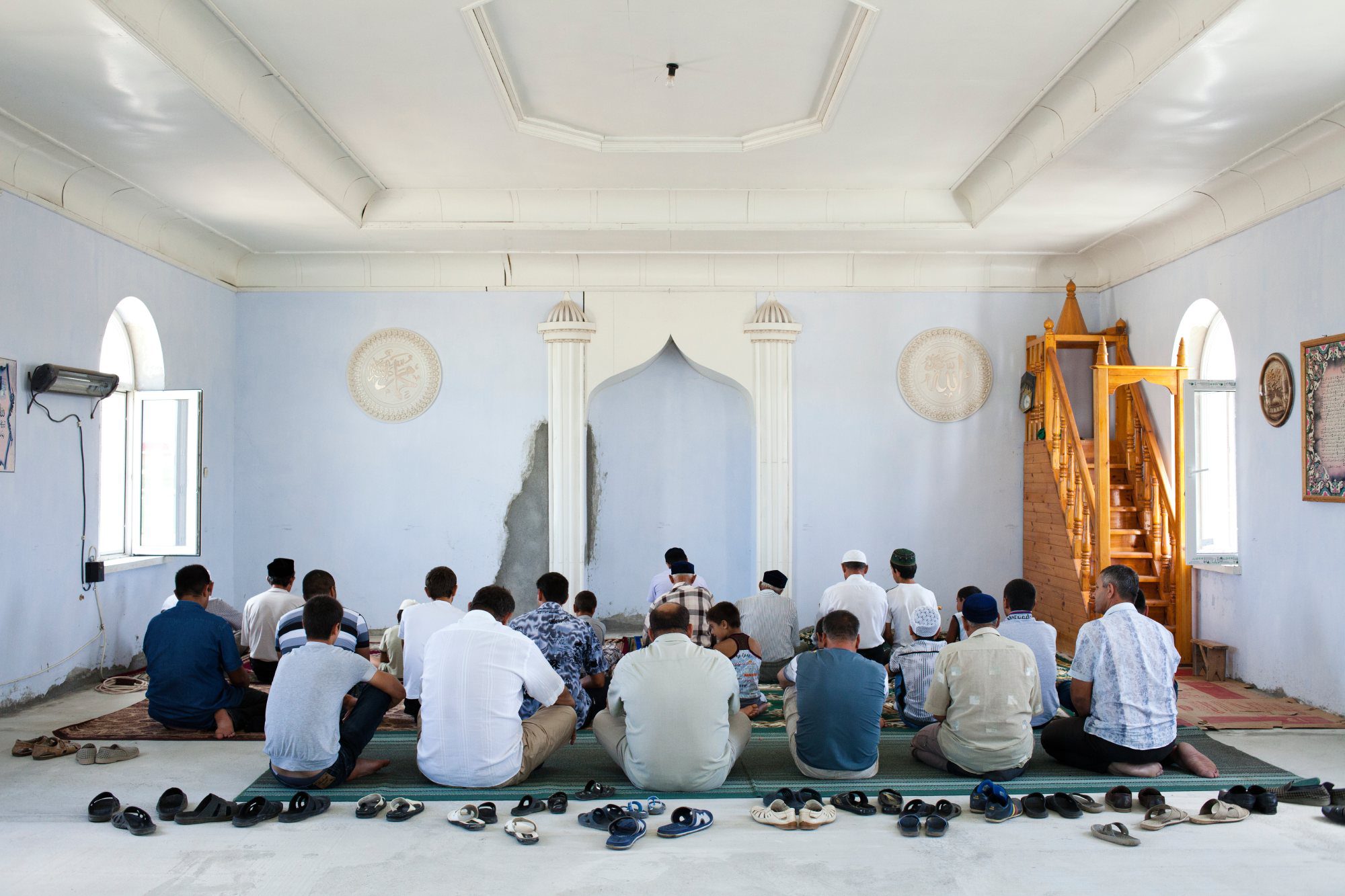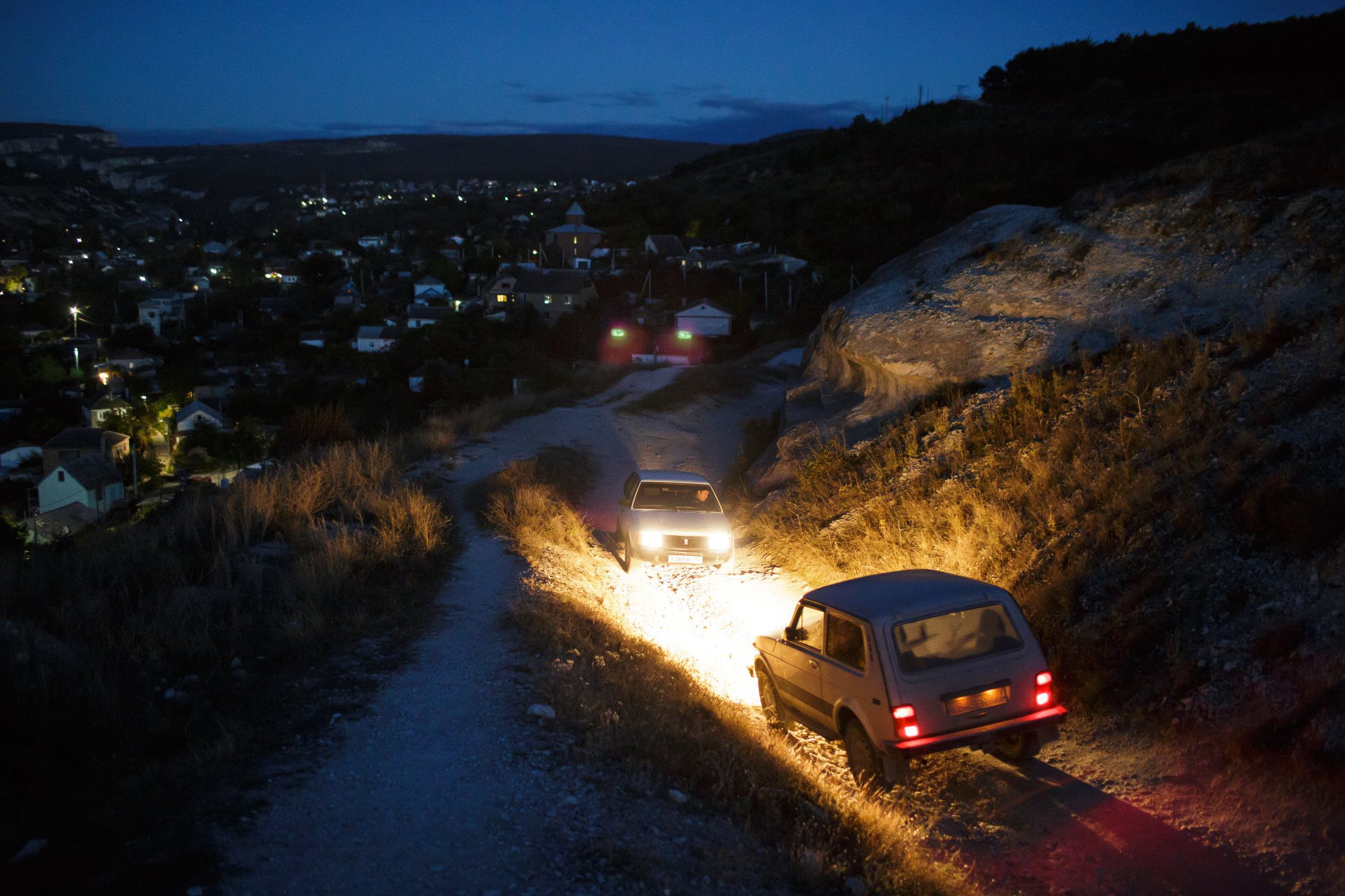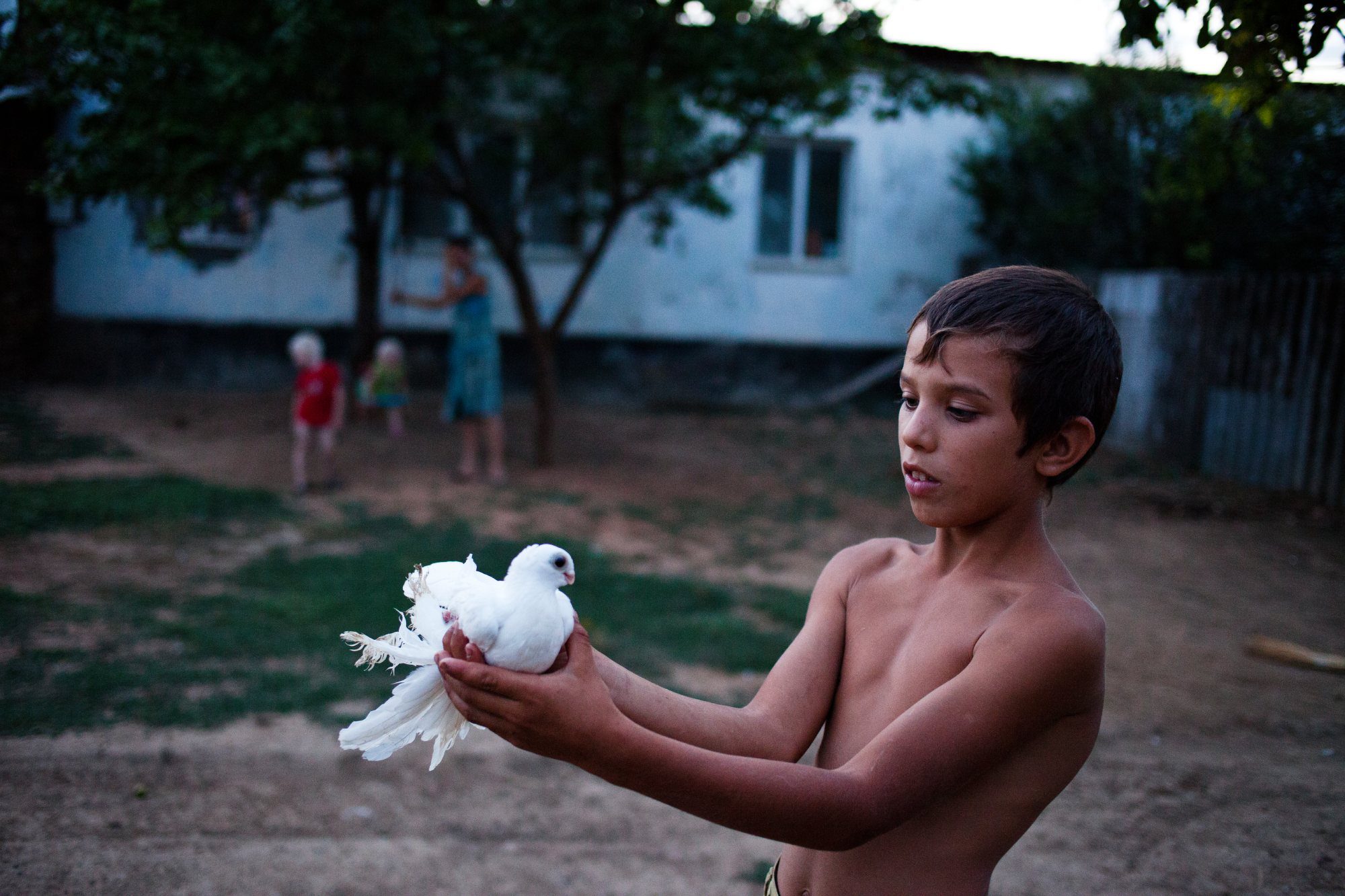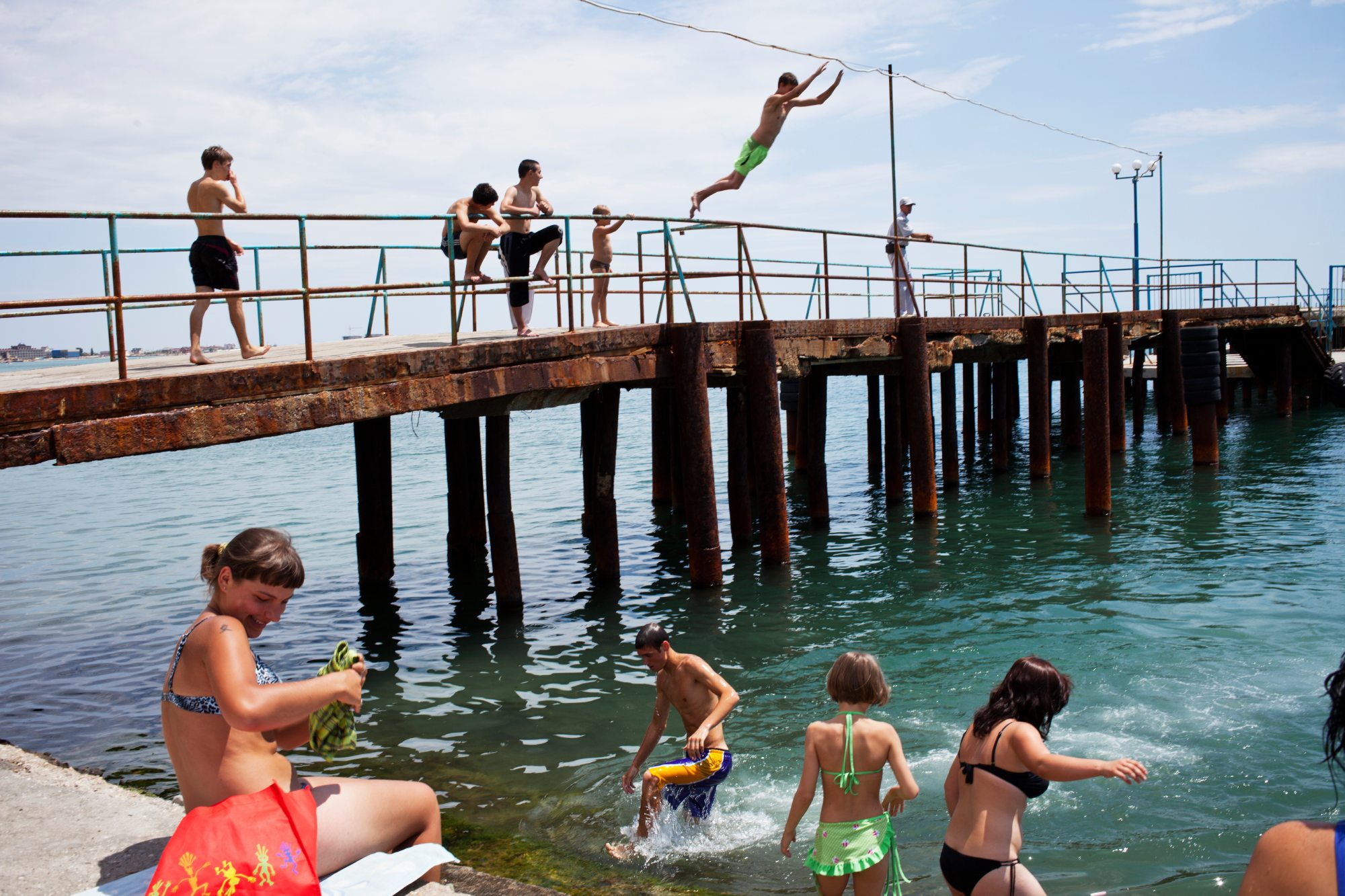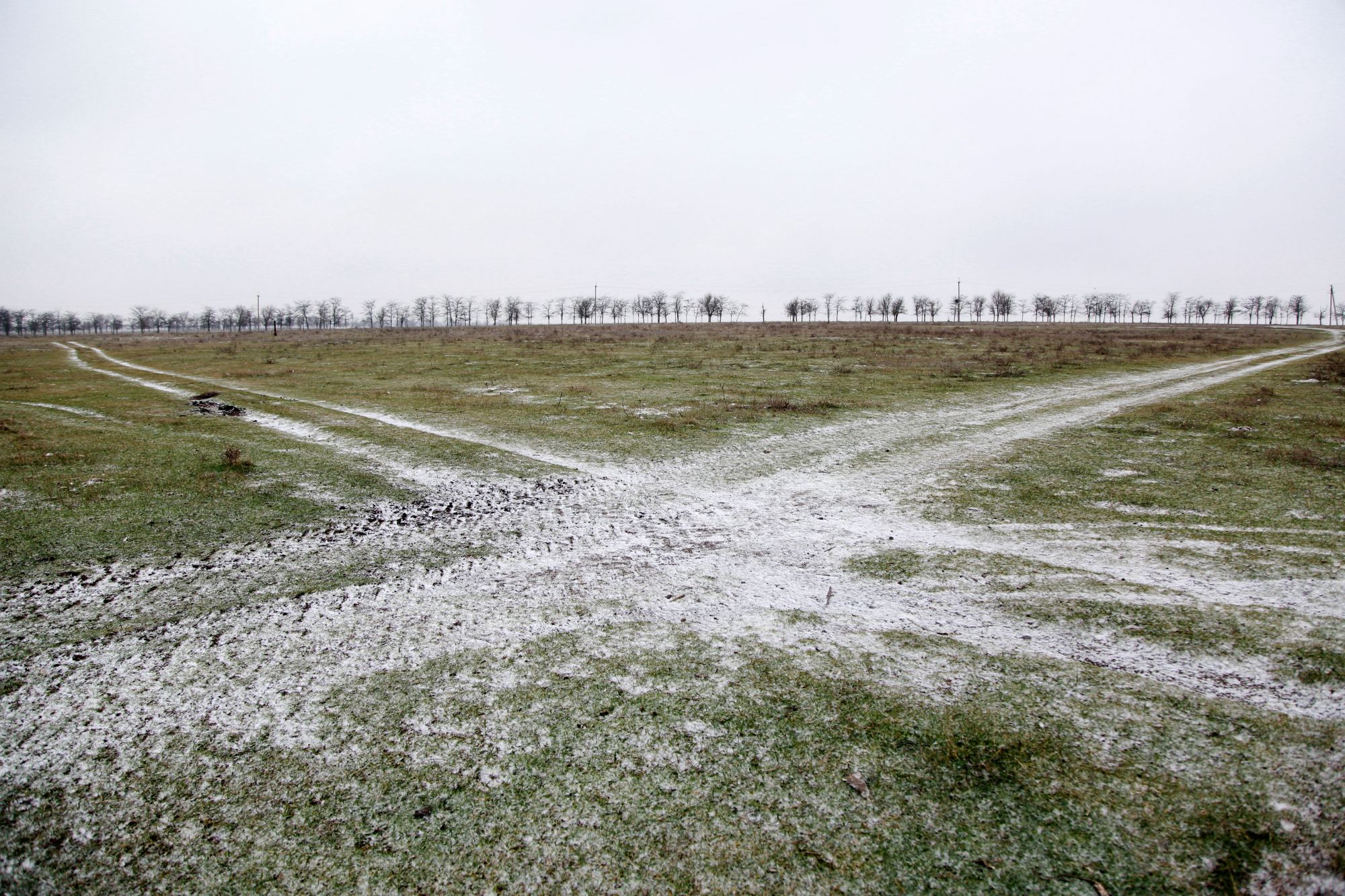On May 18, 1944, the Soviet Union began deporting Crimean Tatars. This tragic event is one of the main topics of research by journalist and photographer Emine Ziiatdinova, who studies the collective memory and historical trauma of the Crimean Tatar people. Four generations of her family ended up in Uzbekistan — their biographies and numerous interviews became part of a project to collect oral chronicles of Soviet crimes, which Ziiatdinova launched in 2008.
With her permission, Zaborona recounts the story of her family’s deportation in cattle cars to the so-called hungry steppe. The private and miniature story of one family turns into an illustration of the history of the entire Crimean Tatar people.
Emine Ziiatdinova was three years old when she and her family returned to Crimea in 1990. Two generations of Ziiatdinova’s family were born in deportation in Uzbekistan, where they were sent from Yevpatoriya in 1944.
After returning to Crimea, Ziiatdinova’s grandmother, Ayrie Emirveliyeva, visited archives to search for information about her father. At night in 1937, his house in the village of Staryi Burnak (Eski Burnaq in Crimean Tatar, now Seleznivka) was searched and he was imprisoned. Emirveliyeva received a certificate in the archive stating that his land and cattle had been collectivized.

Russian military near the seized Ukrainian military base in Bakhchisarai, March 2014. Photo: Emine Ziiatdinova
Ayrie, who died two years ago, learned about her father’s execution in early 1938 from a certificate obtained from the Simferopol archives in the 1990s. And in the archives of Soviet repressions of 1937-38 recently published by the SBU, Emine found the name of her great-grandfather. He was accused of “destroying the collective farm and anti-Soviet propaganda.” Two months after his arrest, he was shot dead.

An announcement about the search for Ervin Ibrahimov. The Ibragimov family posted flyers around the city in May 2016, when Ervin was abducted. Bakhchisaray, Crimea, 2016. Photo: Emine Ziiatdinova 
The daughter of Arsen Dzheparov, who was arrested in the Crimean village of Krasnokamyanka on April 18, 2016, on charges of membership in the Hizb ut-Tahrir organization, which is recognized as a terrorist organization in the Russian Federation. Photo: Emine Ziiatdinova
Despite World War II, the Soviet government continued repressions and ethnic cleansing of the Crimean Tatar people. Emirveliyeva was 11 years old when she and her family were deported to Uzbekistan in May 1944. The day before the evacuation, the military arrived in Staryi Burnak. The soldiers were assigned two to each house, and early the next morning they woke up the residents with instructions to pack their belongings and go to the central square.

Cadets stand guard at the eternal flame near the World War II monument in Sevastopol, March 2015. Photo: Emine Ziiatdinova
“We waited on the square until it got dark. Although adults could not leave, children were able to go home and take some things. On that day, young Russian women and boys from the neighboring village went from house to house and took whatever they wanted.
“Mom, look, I brought your golden jug!” — “Oh, God, if it falls, it will break. How come I have such silly children? It would have been better if you had brought a metal jug in which we could boil water,” Ayrie recalled in a conversation with her granddaughter.

Ayrie Emirveliyeva (82) prays in her room in the village of Serebrianka, Crimea, December 2013. Photo: Emine Ziiatdinova
When it got dark, Emirveliyeva’s family and three other families were taken to Yevpatoriya, from where they traveled in cattle cars for 18 days to the Syrdarya region of Uzbekistan. The wagons stopped at the Murze Chol station, which means “hungry steppe” in Uzbek. There they were sent to live on collective farms.

A temporary house built in a Crimean Tatar settlement on the outskirts of Simferopol, Crimea, 2010. Photo: Emine Ziiatdinova 
Katibe turns on the New Year tree lights in her house in the village of Serebrianka, Crimea, January 1, 2010. Photo: Emine Ziiatdinova
“My mother found grass, horse sorrel, onions, mixed them with flour, and made porridge… Not porridge, but a thin soup. She fed us, and gave me a separate, very small bowl, with [just] a few spoons of food: “Go, this girl is dying of hunger. Stand by her, feed this girl. But don’t show your brother!” Of course, my brother is already a teenager and protects us: “We are starving ourselves. Don’t give it to others!”
I hid the bowl under my apron, fed her, and gave her water. Then my mom went to bury those who had died. Those who had old sheets and rags, she washed them, wrapped the bodies, and buried them,” says Ayrie.

Portraits of Zore Kursuitova (82) and her parents and a Quran on the wall in her house, Novoselivske village, Crimea, July 2013. Photo: Emine Ziiatdinova
In Uzbekistan, Ayrie’s family was waiting for the return of two relatives: first, Ayrie’s father, who was arrested in 1937, and then her brother, who disappeared in the ranks of the Red Army.
Her mother and aunt often sat in the kitchen and cried while talking quietly.

Katibe Ziiatdinova picks cherries in her garden in Serebrianka, Crimea, June 2014. Photo: Emine Ziiatdinova
“I heard rumors that trains are coming from Samarkand. Will they really take us home?” I often eavesdropped. When I entered the room, they fell silent. Once I asked: “Why don’t you tell me anything?” My mother wiped her eyes and looked at me with irritation: “If you knew, you would be kicked out of school. You wouldn’t go to school anymore! So don’t ask.” So I took my mom’s advice and kept quiet, and they never told me anything,” said Ayrie.

Renat and Elvina dance with relatives during their wedding in July 2009. At a traditional Crimean Tatar wedding, 2 to 4 closest relatives take turns dancing, and guests order music and give money for the dance. Photo: Emine Ziiatdinova 
A mosque during Friday prayers in the village of Novoselivske, Crimea, July 2013. Photo: Emine Ziiatdinova
For a long time after the deportation, they did not unpack their belongings, keeping them in a knot. Emirveliyeva’s family understood that the deportation from Crimea was dictated by their ethnic origin, but they considered it unfair.
“I told everyone at school in Uzbekistan that we were not deported; there was a war, and we were evacuated in 1944. When I became a pioneer, when I joined the Komsomol, when I became a member of the Communist Party, I never wrote ‘deported’, I wrote ‘evacuated’,” Ayrie told her granddaughter.

A view of Bakhchisaray, October 18, 2016. Photo: Emine Ziiatdinova 
A boy holds a pigeon, Novoselivske village, Crimea, July 2013. Photo: Emine Ziiatdinova
After Stalin’s death, Crimean Tatars, unlike the deported Ingush and Chechens, were not allowed to return to their homeland. At the time, Crimea was an important symbol of the Soviet navy and military greatness. Ayrie’s family returned home in 1990 — her mother died in Uzbekistan without ever seeing her son, who was mobilized by the Red Army and found in Turkey.

Young people have fun on the beach in Yevpatoriya, June 2013. Photo: Emine Ziiatdinova 
A field near the village of Serebrianka, 2016. Photo: Emine Ziiatdinova
For Emine, who, like her parents and brother, was born in Uzbekistan, the reason for moving was clear from an early age, when she felt how the Crimean population perceived Tatars. Today, Ziiatdinova is working on a book about three generations of women in her family.

